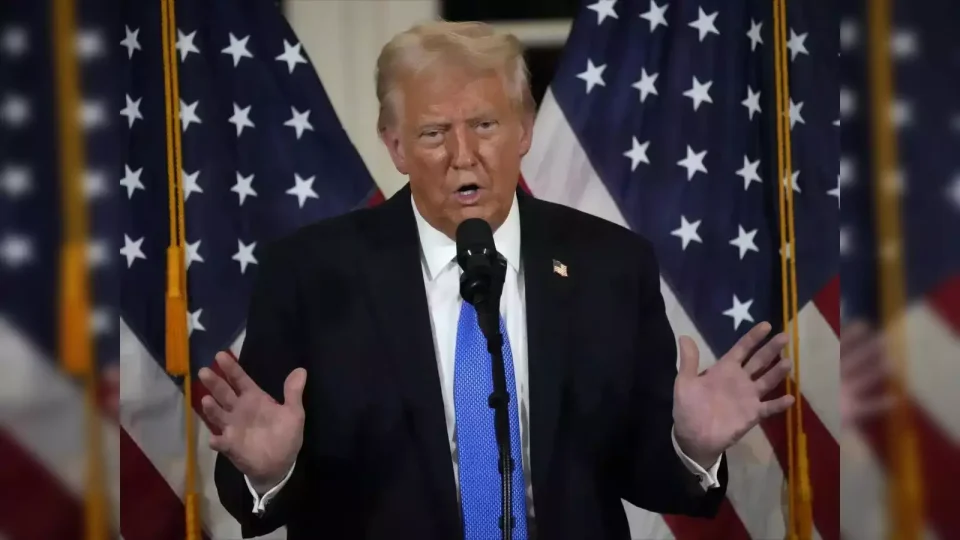President Donald Trump has hinted at a significant expansion of U.S. tariffs on imported goods, potentially encompassing automobiles, pharmaceuticals, and semiconductors. This move could have considerable implications for businesses and consumers alike.
In a press briefing on Tuesday, Trump suggested that these tariffs could start around 25% and “increase very substantially over a course of a year”. While he didn’t specify whether these tariffs would target all vehicles entering the U.S. or focus on particular nations, he indicated they might be implemented as early as April 2.
This potential action signals an escalation of the administration’s assertive trade policy, which already includes 25% tariffs on steel and aluminum imports slated for March.
The countries that export the most automobiles to the U.S. are Mexico, Japan, and Canada. The European Union, for instance, collects a 10% duty on vehicle imports, four times the U.S. passenger car tariff rate of 2.5 per cent. The U.S., though, collects a 25 per cent tariff on pickup trucks from countries other than Mexico and Canada, a tax that makes the vehicles highly profitable for Detroit automakers.
Trump asserted that the existing tariffs are already achieving their intended results, leading foreign companies to consider returning to the U.S. He stated that major global companies have contacted him, expressing their interest in relocating to the United States due to the economic environment, tariffs, and incentives. Trump clarified that companies with plants or factories in the U.S. would not be subject to these tariffs.
Regarding pharmaceuticals, Japan and India are likely to be most affected. Experts warn the tariffs could increase drug prices for U.S. patients, worsen drug supply shortages, and incentivize manufacturers to explore alternative markets. Companies might respond by moving manufacturing and trials to the U.S. or other tariff-free countries, though the overall impact remains uncertain.
Trump did not specify when the semiconductor tariffs might take effect. These duties would primarily affect Taiwan Semiconductor, a chip supplier for firms like Nvidia (NASDAQ: NVDA) and Apple (NASDAQ: AAPL).
Economist Joseph Stiglitz, a Nobel laureate, suggests that Trump’s tariff policies and disregard for the rule of law are creating an uncertain investment climate in the United States and risks stagflation.

